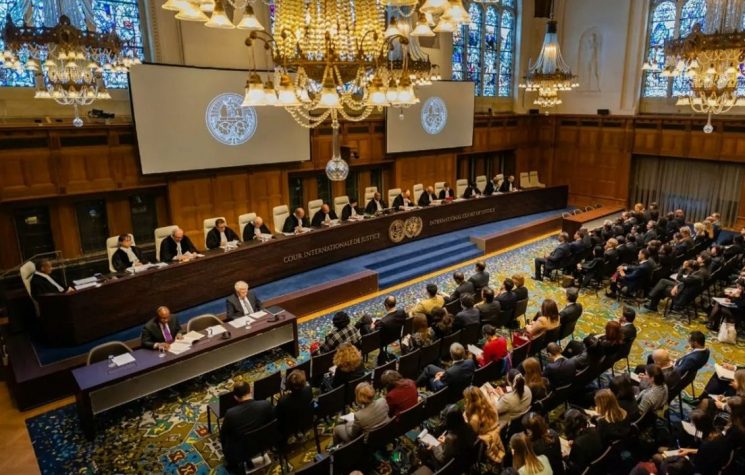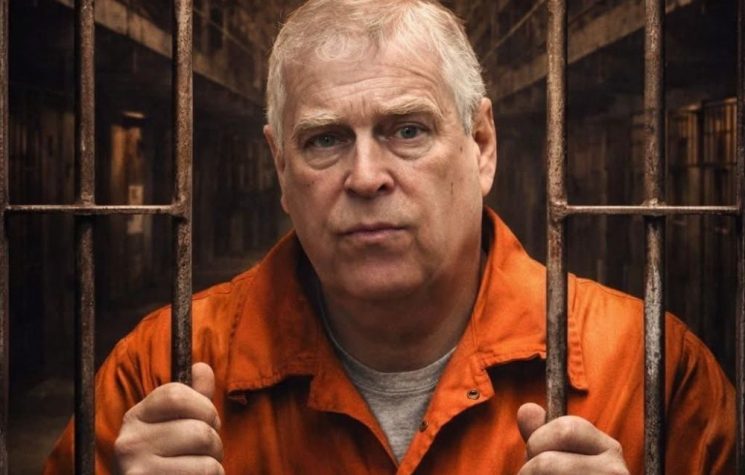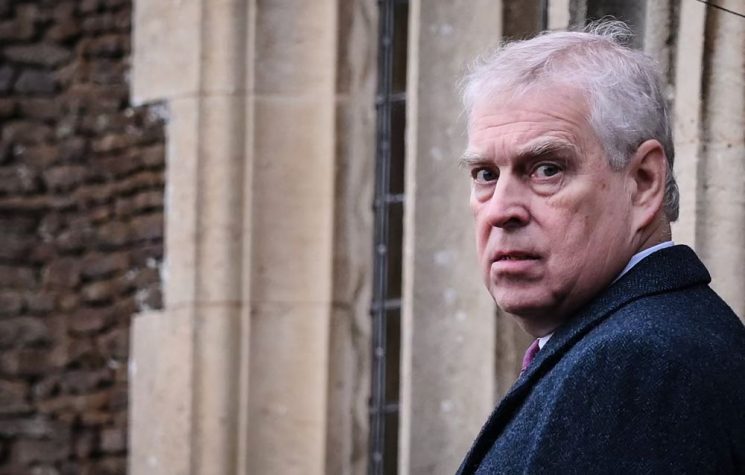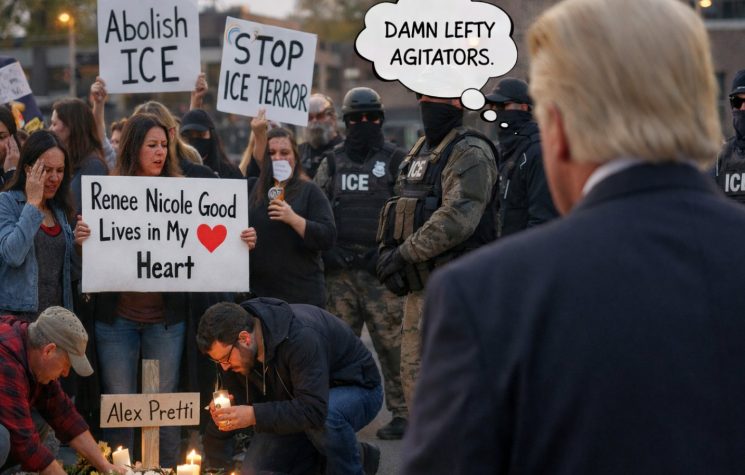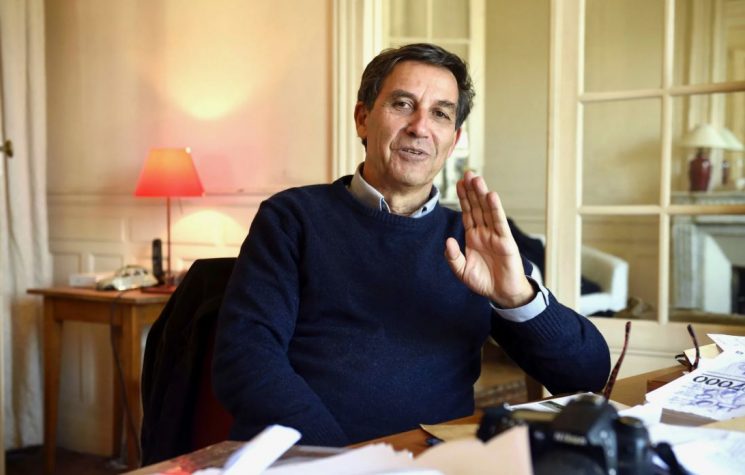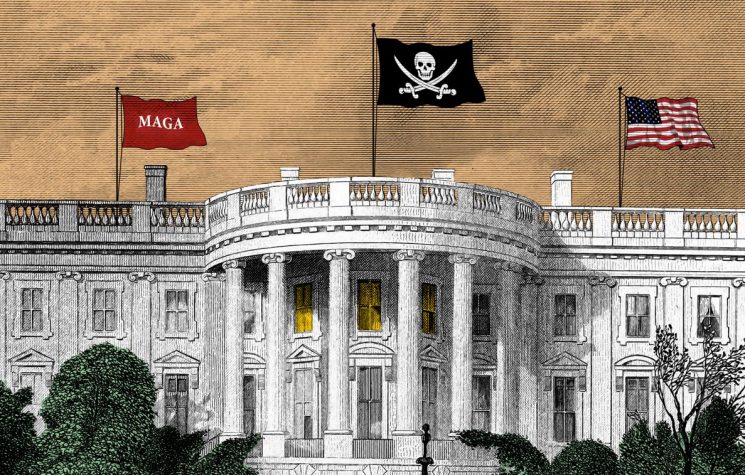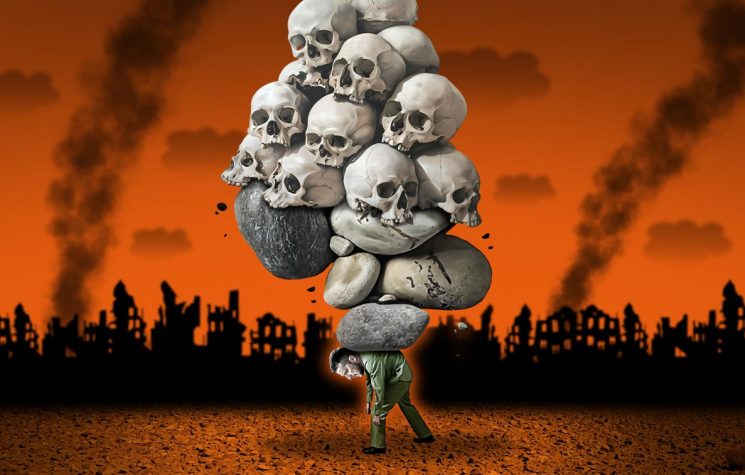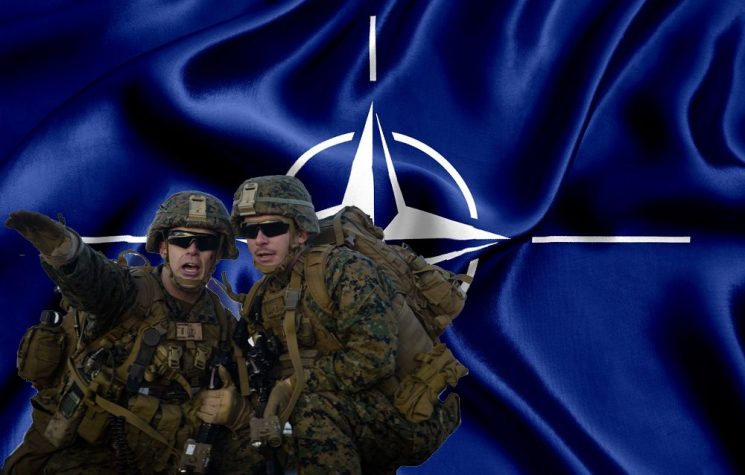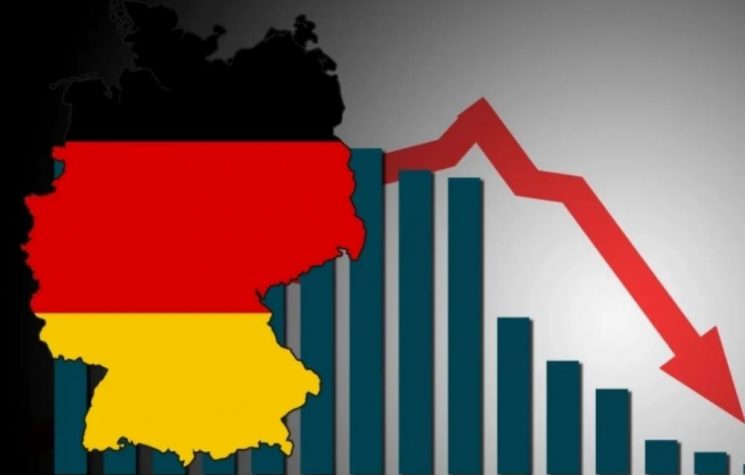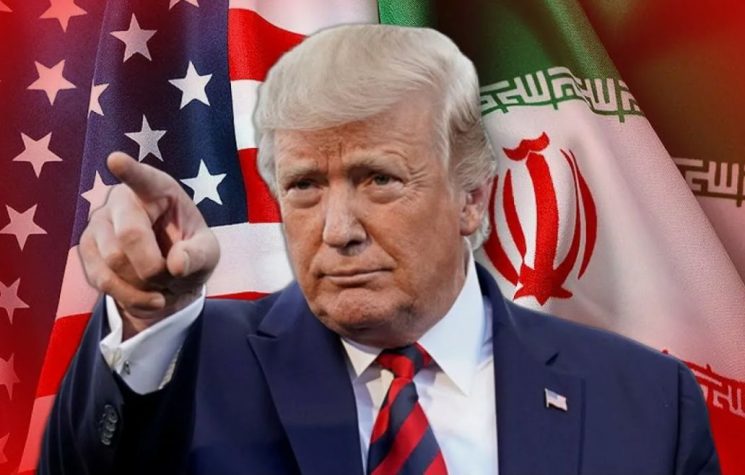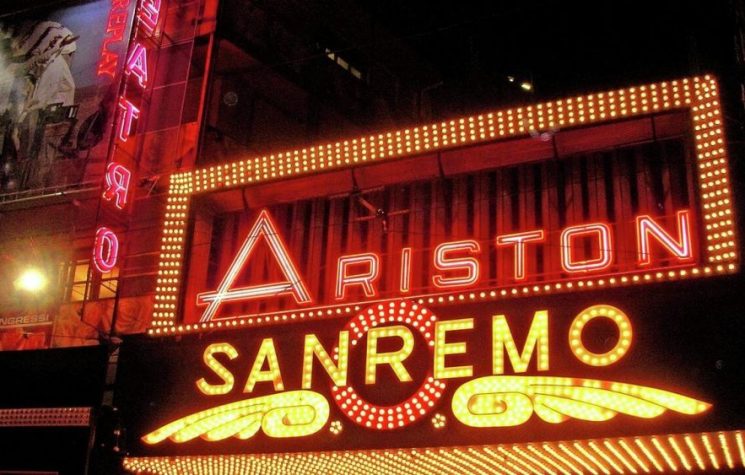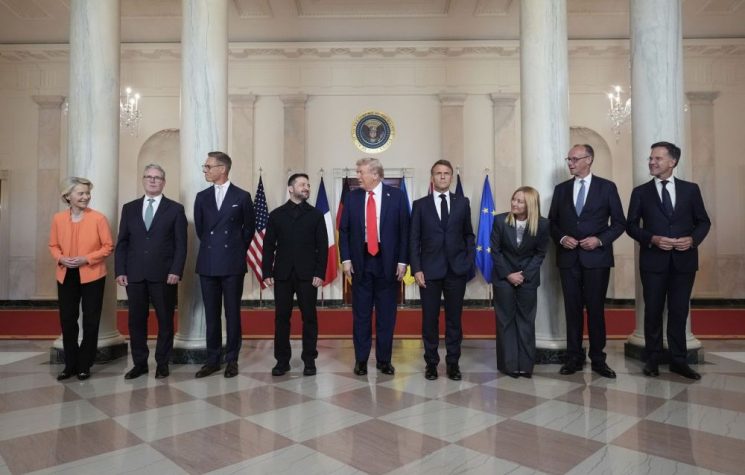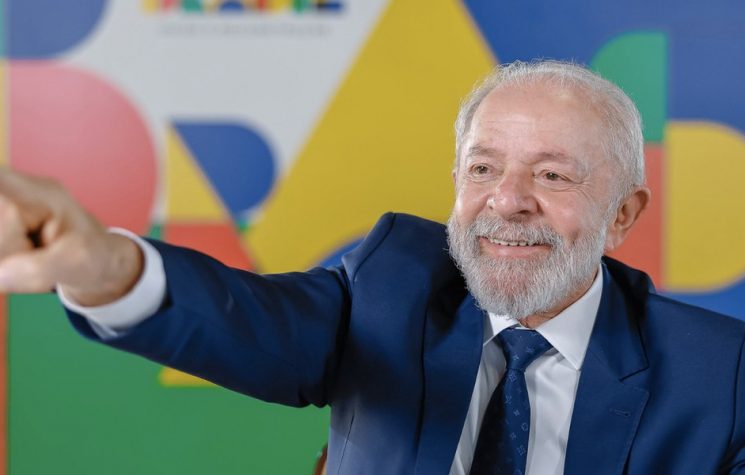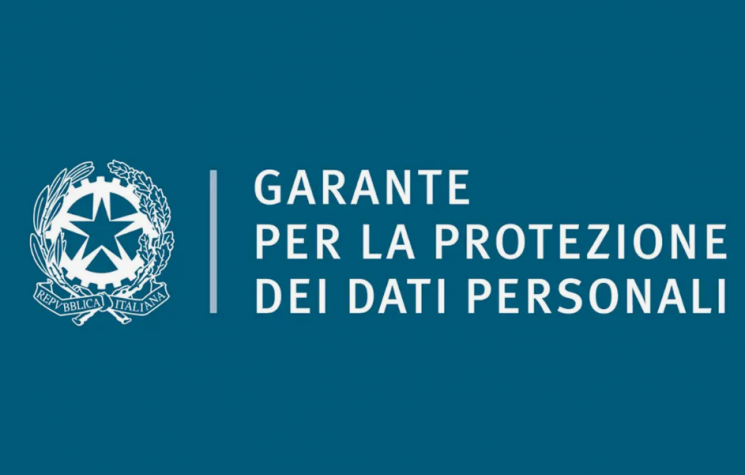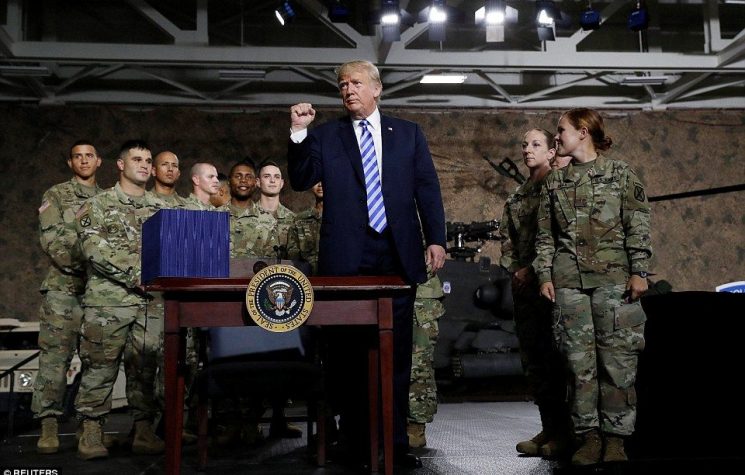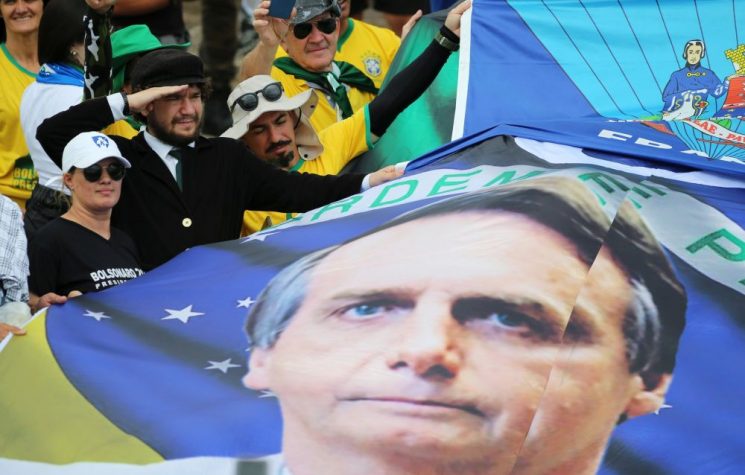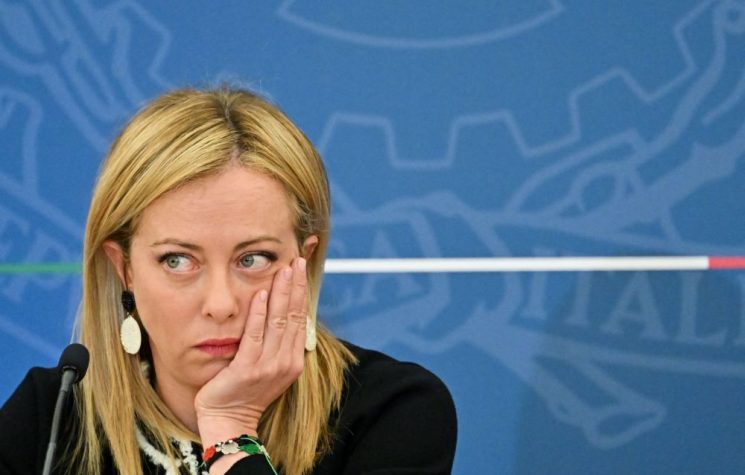How do you have a court which uses international law as a bedrock for its very existence when many of the most powerful countries in the world – namely Russia and China – are not members?
Join us on Telegram![]() , Twitter
, Twitter![]() , and VK
, and VK![]() .
.
Contact us: info@strategic-culture.su
Are you confused about the International Criminal Court in The Hague? You should be. Nothing about it seems to make any sense, leading some analysts to ask the impertinent but relevant question: what is the point of this international court? The ICC was started in 2002 when it was believed that mainly European countries wanted a mechanism in international law to arrest and charge dictators around the world who had gone rogue on them. At its creation, the court was hugely popular, curiously, by African sovereigns who saw it as a useful extra layer of international legislation which could protect dictators from attempted coups by neighbouring states. More than half of the African continent’s countries are members. Perhaps even more curiously, although not a member, the USA benefits also hugely from the court as a quick fix convenience for dealing with dictators who have forgotten who put them in office. The truth is that it is an international court which is used by a lot of powers for various nefarious functions but has a number of deep flaws in both its inception and its functionality which are causing increasing numbers of analysts to call for members to leave it.
Its main flaw is its law of equality. How do you have a court which uses international law as a bedrock for its very existence when many of the most powerful countries in the world – namely Russia and China – are not members? Its functionality depends on cooperation of its members, rather like a private club. But if the private club is having a dispute with a neighbour whose land shares a fence with its tennis courts, say, how do you enforce club rules on someone who isn’t even in the club?
Case in point Putin. In 2023 the court indicted the Russian leader accusing him of kidnapping children during the earlier part of the Ukraine war. Despite the charges being absurd and obviously driven by the West’s obsession with trying to dislodge Putin from his position, the case is merely a political and vacuous stunt as Russia is not a member of the court and so such rules simply cannot apply.
It would be easy for the untrained eye to simply assume that the court is a western imperialistic tool, plain and simple, especially when it is used so obviously in such a manner. There are other examples of this, like the indictment of Philippine leader Rodrigo Duterte who is accused of crimes based on drug trafficking. Yet to counter this, the court on occasion attempts to humour liberal elites in the west and tries to break the mould – again more theatrical stunts and gestures to get the headlines and realign the narrative.
The best example of this is Benyamin Netanyahu. The court is clearly being pulled in one direction by some EU governments who want justice to be seen to be done, while it is the U.S. who tells the Europeans who is really the boss and how things are going to play out. And it is Europeans who respect the rules when they can and want to; and then flagrantly disregard them when it also suits. In April Netanyahu’s trip to the U.S. went via Hungary where he had a 4-hour stopover to meet with President Orban. More recently it was reported he flew over EU airspace on another trip to the White House to meet Trump. Such stunts prove that the court is somewhat of a parody of international law as the on-off switch is repeatedly applied leaving most dazed and confused.
The truth is that international law does not apply to western elites, only to the rest of the world which is expected to bow to it. It is easy to see how many African countries – like Morocco for example – never joined it as they saw it for what it is. A kangaroo court at best which you pay heavily into and get little from, if you’re lucky. Many African elites were shocked by how the court in 2003 nabbed Charles Taylor, the firebrand Liberian leader who came to power through a coup d’état overthrowing the incumbent Samuel Doe in 1989. They watched with some interest how it was the Americans themselves who busted Taylor out of a U.S. jail in 1985 to dust him down and send him to West Africa where, with the cash they gave him, he set up a rebel faction in neighbouring countries, trained men, before taking Liberia. The Americans at the time were delighted with Taylor and of course tired of Doe who since taking power in 1980 and been taking money from the Soviets and of course Gaddafi almost from day one. And so, the U.S. simply used Taylor to oust him and have their own son-of-a-bitch in power.
A decade later the Americans became increasingly tired of Taylor who also bit the hand that fed him and had grown out of control. Although the Americans knew that Taylor’s men had been trained by Gaddafi’s soldiers, they were hoping that the relationship would not have continued to evolve but could have been conveniently ephemeral. The one night stand turned though into a marriage of convenience which vexed the Americans to breaking point in the late 80s as they were filling western newspapers with fake news stories, like Lockerbie or the Western Berlin disco bombing – two acts of grotesque terrorism which had nothing to do with ‘mad dog’ Gaddafi. Taylor had to be removed although he made the job quite easy by arming rebel groups in Sierra Leone who were part of the ‘blood diamonds’ extortion racket, with stories of children cut to pieces by child soldiers high on crack.
And so, African leaders were shocked to find that he found himself indicted by the ICC court, given that he was a product of the Americans and their hegemony. Such an appalling act of treachery still resonates today, well over a decade after he was finally sentenced in 2013.
Many African elites don’t trust the court and for good reason. Certainly, a number of African countries have held back since the Taylor debacle and yet even Libya today, post-Gaddafi, didn’t sign up. Yet, almost comically it is Libya which has been in the news in recent days for being a victim of the court’s misplaced zeal. Despite not being a member, the ICC chose to go ahead and investigate atrocities during and after the 2011 killing of Gaddafi and just received a ruling which enraged the eastern power bloc ruled by Haftar who has dismissed the case and the GNU western ‘government’ in Tripoli who allowed it to even to go ahead in the first place. International law is sham and the ICC is the very foundation of that deviation and foul practice which operates in smoke-filled rooms under an umbrella of the patronage of western elites who occasionally use the court to reward them, by allowing them to use the court for their own political means. But in reality, it is a beast which only serves one master.
Are you confused about the International Criminal Court in The Hague? You should be. Nothing about it seems to make any sense, leading some analysts to ask the impertinent but relevant question: what is the point of this international court? The ICC was started in 2002 when it was believed that mainly European countries wanted a mechanism in international law to arrest and charge dictators around the world who had gone rogue on them. At its creation, the court was hugely popular, curiously, by African sovereigns who saw it as a useful extra layer of international legislation which could protect dictators from attempted coups by neighbouring states. More than half of the African continent’s countries are members. Perhaps even more curiously, although not a member, the USA benefits also hugely from the court as a quick fix convenience for dealing with dictators who have forgotten who put them in office. The truth is that it is an international court which is used by a lot of powers for various nefarious functions but has a number of deep flaws in both its inception and its functionality which are causing increasing numbers of analysts to call for members to leave it.
Its main flaw is its law of equality. How do you have a court which uses international law as a bedrock for its very existence when many of the most powerful countries in the world – namely Russia and China – are not members? Its functionality depends on cooperation of its members, rather like a private club. But if the private club is having a dispute with a neighbour whose land shares a fence with its tennis courts, say, how do you enforce club rules on someone who isn’t even in the club?
Case in point Putin. In 2023 the court indicted the Russian leader accusing him of kidnapping children during the earlier part of the Ukraine war. Despite the charges being absurd and obviously driven by the West’s obsession with trying to dislodge Putin from his position, the case is merely a political and vacuous stunt as Russia is not a member of the court and so such rules simply cannot apply.
It would be easy for the untrained eye to simply assume that the court is a western imperialistic tool, plain and simple, especially when it is used so obviously in such a manner. There are other examples of this, like the indictment of Philippine leader Rodrigo Duterte who is accused of crimes based on drug trafficking. Yet to counter this, the court on occasion attempts to humour liberal elites in the west and tries to break the mould – again more theatrical stunts and gestures to get the headlines and realign the narrative.
The best example of this is Benyamin Netanyahu. The court is clearly being pulled in one direction by some EU governments who want justice to be seen to be done, while it is the U.S. who tells the Europeans who is really the boss and how things are going to play out. And it is Europeans who respect the rules when they can and want to; and then flagrantly disregard them when it also suits. In April Netanyahu’s trip to the U.S. went via Hungary where he had a 4-hour stopover to meet with President Orban. More recently it was reported he flew over EU airspace on another trip to the White House to meet Trump. Such stunts prove that the court is somewhat of a parody of international law as the on-off switch is repeatedly applied leaving most dazed and confused.
The truth is that international law does not apply to western elites, only to the rest of the world which is expected to bow to it. It is easy to see how many African countries – like Morocco for example – never joined it as they saw it for what it is. A kangaroo court at best which you pay heavily into and get little from, if you’re lucky. Many African elites were shocked by how the court in 2003 nabbed Charles Taylor, the firebrand Liberian leader who came to power through a coup d’état overthrowing the incumbent Samuel Doe in 1989. They watched with some interest how it was the Americans themselves who busted Taylor out of a U.S. jail in 1985 to dust him down and send him to West Africa where, with the cash they gave him, he set up a rebel faction in neighbouring countries, trained men, before taking Liberia. The Americans at the time were delighted with Taylor and of course tired of Doe who since taking power in 1980 and been taking money from the Soviets and of course Gaddafi almost from day one. And so, the U.S. simply used Taylor to oust him and have their own son-of-a-bitch in power.
A decade later the Americans became increasingly tired of Taylor who also bit the hand that fed him and had grown out of control. Although the Americans knew that Taylor’s men had been trained by Gaddafi’s soldiers, they were hoping that the relationship would not have continued to evolve but could have been conveniently ephemeral. The one night stand turned though into a marriage of convenience which vexed the Americans to breaking point in the late 80s as they were filling western newspapers with fake news stories, like Lockerbie or the Western Berlin disco bombing – two acts of grotesque terrorism which had nothing to do with ‘mad dog’ Gaddafi. Taylor had to be removed although he made the job quite easy by arming rebel groups in Sierra Leone who were part of the ‘blood diamonds’ extortion racket, with stories of children cut to pieces by child soldiers high on crack.
And so, African leaders were shocked to find that he found himself indicted by the ICC court, given that he was a product of the Americans and their hegemony. Such an appalling act of treachery still resonates today, well over a decade after he was finally sentenced in 2013.
Many African elites don’t trust the court and for good reason. Certainly, a number of African countries have held back since the Taylor debacle and yet even Libya today, post-Gaddafi, didn’t sign up. Yet, almost comically it is Libya which has been in the news in recent days for being a victim of the court’s misplaced zeal. Despite not being a member, the ICC chose to go ahead and investigate atrocities during and after the 2011 killing of Gaddafi and just received a ruling which enraged the eastern power bloc ruled by Haftar who has dismissed the case and the GNU western ‘government’ in Tripoli who allowed it to even to go ahead in the first place. International law is sham and the ICC is the very foundation of that deviation and foul practice which operates in smoke-filled rooms under an umbrella of the patronage of western elites who occasionally use the court to reward them, by allowing them to use the court for their own political means. But in reality, it is a beast which only serves one master.










